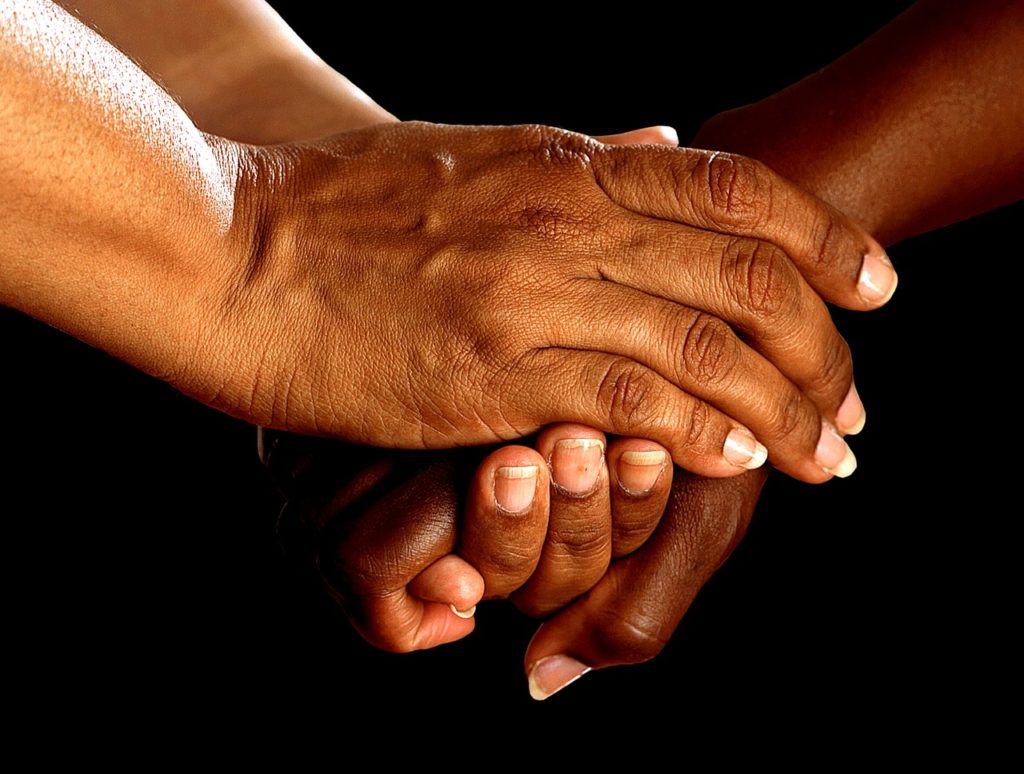
Alexas_Fotos / Pixabay
Both routines and rituals involve a regular repetition of some action.
But they are very different.
Routines will flatten our lives, but rituals can thicken them.
Routines are locked in ordinary time, but rituals are linked with “higher times.”
Routines
With a routine there is a clear, linear connection between the act and the purpose of the act. The routine of brushing your teeth is performed so that you have clean, healthy teeth. You routinely make a breakfast of oatmeal with flax and blueberries to prevent cancer or heart disease, I can’t remember which, maybe both. You grab a coffee on the way to work so that you can hit the ground running when you arrive. There is no more meaning in a routine than the desired outcome.
Rituals
A ritual, on the other hand, does not have this clear relationship between the act and purpose. The purpose of a handshake, or fist bump or whatever it is the kids are doing these days, has nothing to do with the touching of hands. At a graduation, we don’t throw the hats in the air because we want them to be up there. In Holy Communion, we don’t eat the bread and drink the wine because we are hungry and thirsty.
The meaning and purpose of a ritual transcends the action itself.
Mindless Rituals
In some Christian circles it is a given that “mindless rituals” are bad. Notice that the basis of this censure is that rituals are bad when they are not of the mind, or non-rational.
Where rituals are opposed because of their mindlessness, is where the idol of Modernism is still maintaining some control of a church. The thing about rituals is that they are fundamentally not about the mind–they are not and never were supposed to be. Does shaking hands when we greet someone make any rational sense?
Rituals train us in ways much deeper than the mind, deeper than the emotions even. They train and transform the deepest part of ourselves, precisely because we do them over and over again. And it’s not with our minds that we repeat rituals, but with our bodies.
James K. A. Smith says, in his book Desiring the Kingdom, that rituals aren’t just things we do, they do something to us. We’ve got it all wrong when we think that humans are primarily rational beings. Descartes was wrong with his conclusion, “I think therefore I am.” Rather, Smith says, we are desiring beings–“I love therefore I am.”
Rituals get at the core of who we are, through out bodies. If you say a rote prayer before the every evening meal, with folded hands and closed eyes, you are physically acknowledging a presence that deserves your reverence, a providential being to whom you ought to be grateful. This simple ritual shapes identity, and it “thickens” experience in the world as it connects a person and his food to a transcendent provider–this “mindless” ritual is an incarnational event. If this simple prayer is such a significant event, think about Communion.
Routines into Rituals
We engage in functional, but empty routines all day long. I wonder if we can’t elevate some of these to the level of ritual.
I’ve ritualized the routine of hitting snooze on my alarm clock. Every morning when I wake up, well almost every morning, I say, “Good morning, Lord.” This ritual reminds me that the day does not begin when I wake up; during the seven hours that I’ve been sleeping, God has been busy. I am joining God’s day, “already in progress.” It is a quotidian reminder and that the all-powerful king of the universe loves me because he’s there every morning to hear me say, “Good, morning Lord.”
I think I just leave the brushing of my teeth as a routine, but there are some interesting possibilities for ritualizing my morning coffee.
